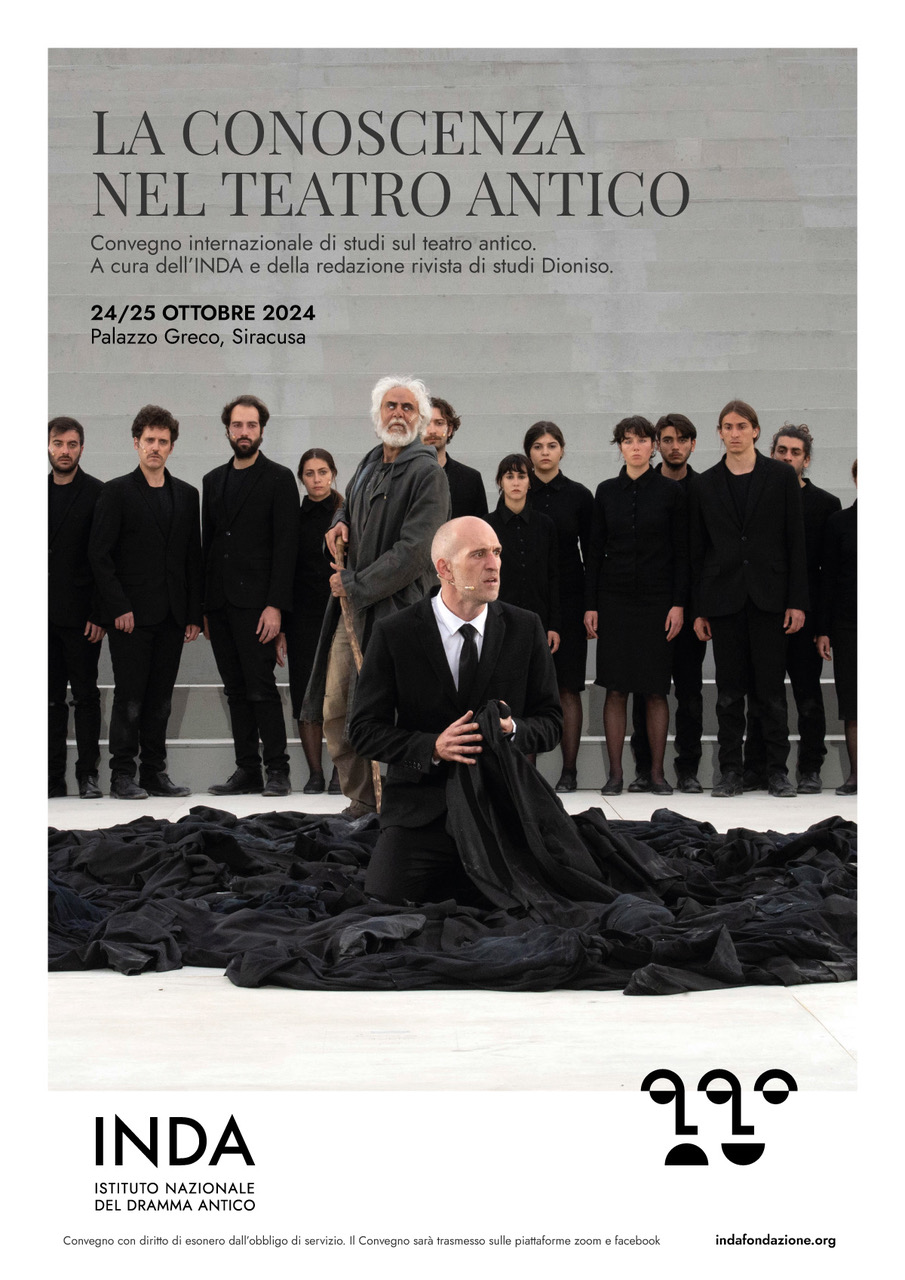The first concerns the development of dramatic action from the cognitive difference between different moments and/or characters, which produces meaning in the same way that in physics the difference in potential produces energy, so that catastrophe is identified with learning. This is the emblematic case of Oedipus Rex; but no less significant in this respect is the oldest tragedy we possess, the Persians of Aeschylus, where the anguish of national disaster goes through the stages of inner foreboding, information, explanation and mourning.
The ambiguity between these two planes shines through in the tragedies that have most transmitted to modernity the model of intellectual experience, with the relationship between knowledge and power being the foundation of Oedipus’ reign, and with the foundation of civilisation by the titan Prometheus who instilled it in men along with “blind hopes”.
Knowledge
in the theatre
ancient
INDA International Study Conference 2024
organised by the Inda Foundation and the Journal of Ancient Theatre Studies Dioniso.
24 October
09:30 hours
Institutional greetings
Guido Paduano: Introduction
09:30 hours
First session
Presiede Margherita Rubino
Università di Genova
Mauro Bonazzi
Università di Bologna, The tragedy of knowledge: Euripides, Plato, and Athens
Bruno Centrone
Università di Pisa, Sophrosyne, synesis, sophia: Euripides’ intellectualism
Carmine Catenacci
Università di Chieti, Euripides, Medea and the dangers of knowledge
15.00 hours
Second session
Chaired by Elena Fabbro
University of Udine
Rebecca Lämmle
University of Cambridge, Last Things in the Latest Euripides
Gherardo Ugolini
Università di Verona, Oedipus between γνώμη and τύχη: the crisis of investigative knowledge
Maria Michela Sassi
Sophocles’ moral thought. Oedipus and self-knowledge
25 October
09:30 hours
Third session
Chaired by Alessandro Grilli
University of Pisa
Martin Revermann
University of Toronto, Types of Knowledge in Aristophanes’ Clouds
Guido Paduano
Università di Pisa, Truth as a function of social unequality in Plautus’ Amphitruo
Gilberto Biondi
Università di Parma, Sibi melius quam deis notus: between an unknown god and “know yourself”
Segreteria organizzativa
Elena Servito, Francesco Morosi
Addetto stampa
Gaspare Urso
Progetto grafico
Carmelo Iocolano
Info e accredito sulla piattaforma zoom:
[email protected]
+39 0931 48 72 26
“Convegno con diritto di esonero dall’obbligo di servizio”.
Il Convegno sarà trasmesso sulle piattaforme zoom e facebook


